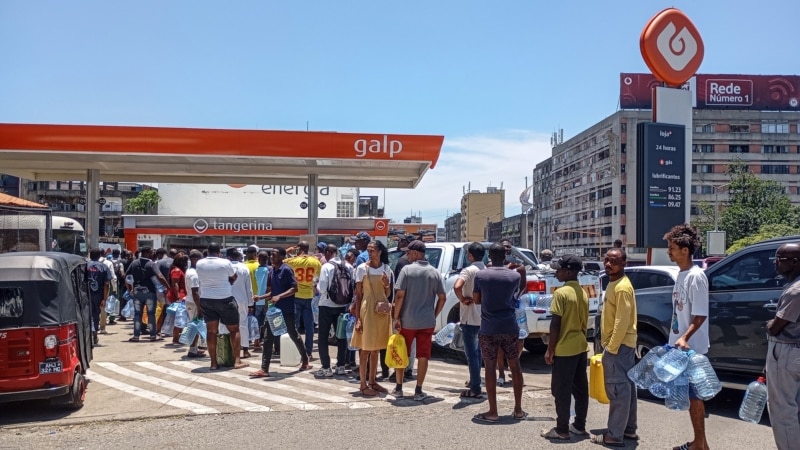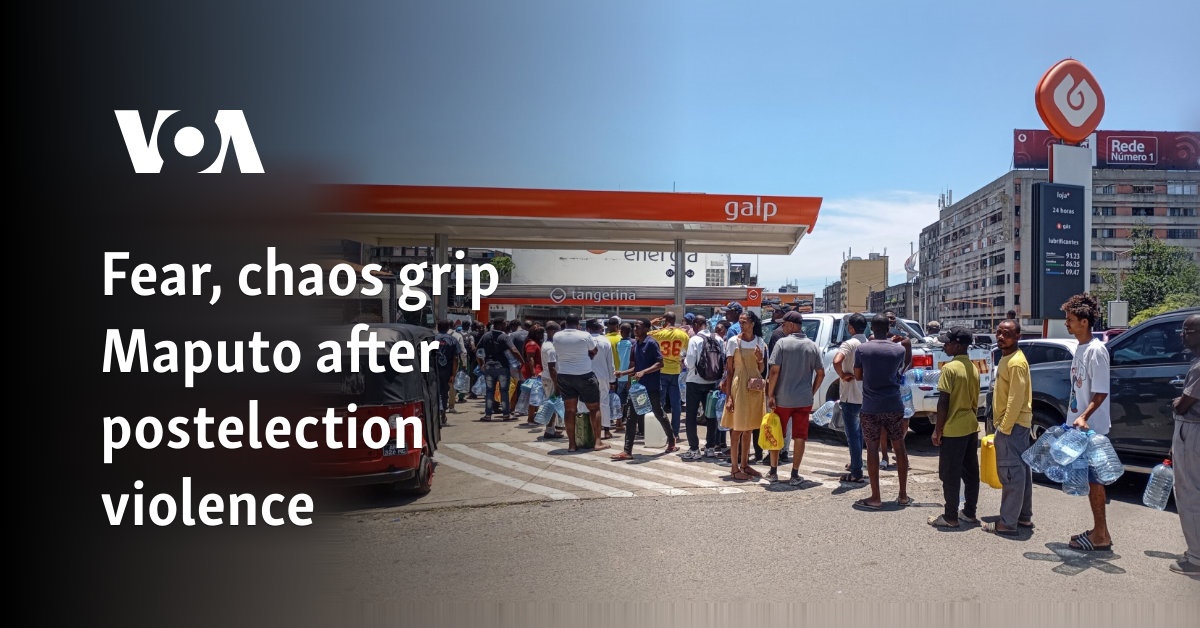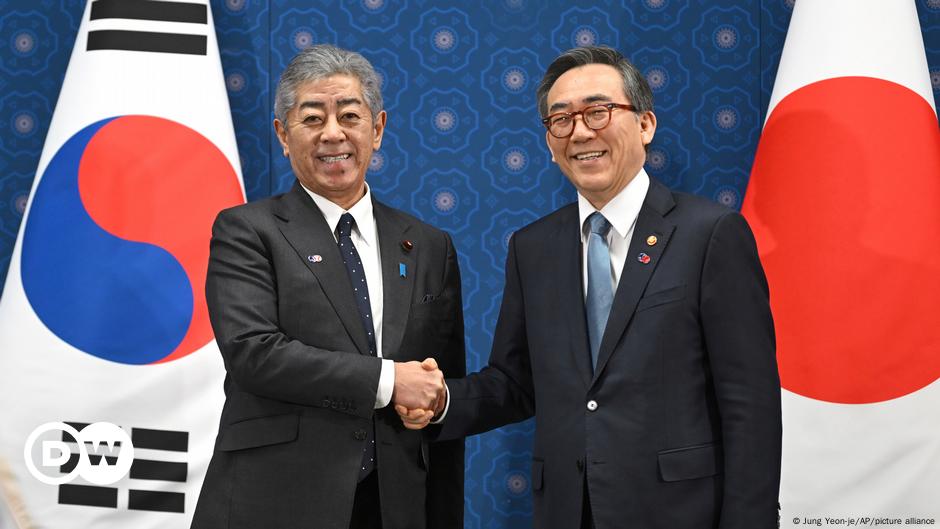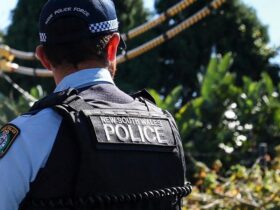
Mozambique’s capital, Maputo, is slowly returning to normal, but residents are still fearful of widespread looting and vandalism after the ruling party was confirmed to have won the election.
Food, fuel, and medicine are becoming scarce for the city’s residents, while the daring escape of more than 1,000 prisoners from a maximum-security prison is fueling rumors and prompting neighborhood patrols.
“My neighbor woke me up and told me there were armed men walking around,” Maria Amelia, a 55-year-old cleaner who lives in Matola, near Maputo, told AFP.
“When I went out, I saw my neighbors armed with knives to defend themselves from these invaders. But I didn’t see anyone. I was scared.”
Armand Tembe, a 40-year-old Maputo bank employee, was also dragged from his bed before dawn.
“I haven’t seen any criminals outside. But it’s starting to get scary. I don’t know where the country is going,” he said dejectedly.
Another woman, who wished to remain anonymous, said, “We stayed up until 4:30 in the morning patrolling for something we had only heard about and no one had seen.”
“Just heard it. That sounds like a terrible plan.”
Borges Nahmire, a Pretoria-based Mozambican researcher, said that so far, “there have been no verified reports of attacks on this child.”
But the fact that the police chief, speaking to reporters on Wednesday evening, “announced that detainees can have home visits has raised concerns,” he said.
“The prevailing sentiment in the conversations suggests that the government may have invented this crisis to control the ongoing social unrest,” he said.
‘cunning’
Mozambique’s main opposition leader Venancio Mondlane has described the October 9 election results as rigged.
On Monday the country’s supreme court confirmed the victory of the ruling Frelimo party, which has been in power for half a century.
This sparked riots that left more than 125 people dead over several days, according to local NGO Platforma Decide.
“We know who the real bandits are. It’s Frelimo,” Mondlane said on social networks on Friday.
According to AFP correspondents on the ground, temporary barricades on the streets of Maputo were slowly being removed, while the army cleared some roads.
Residents were cautiously leaving their homes in search of basic necessities.
“I’m looking for bread,” said Isabel Rocha, 29, in the city’s Loulane district, after a sleepless night due to security fears.
“Bakeries have been closed for four days. In fact, we are short of everything. Even small grocery shops are closed.”
Lena, 47, sat dejectedly on the Chowk sidewalk with a large bundle of lettuce and cabbage beside her.
She had been waiting for two hours for the bus to sell her products in the market along with several other women.
“We tried to ask for help from some trucks passing by, but the drivers did not want to take us,” he said.
A short distance away, there was a line of cars waiting patiently outside a gas station, where only one pump still had fuel.
“I’m looking for medicine for myself and my mother,” said Tomas Panguin, 65, who suffers from knee pain.
“Yesterday I set out to find a pharmacy but the roads were still closed. This morning I found what I needed.”





Leave a Reply